JP Morgan and the Fortress Balance Sheet
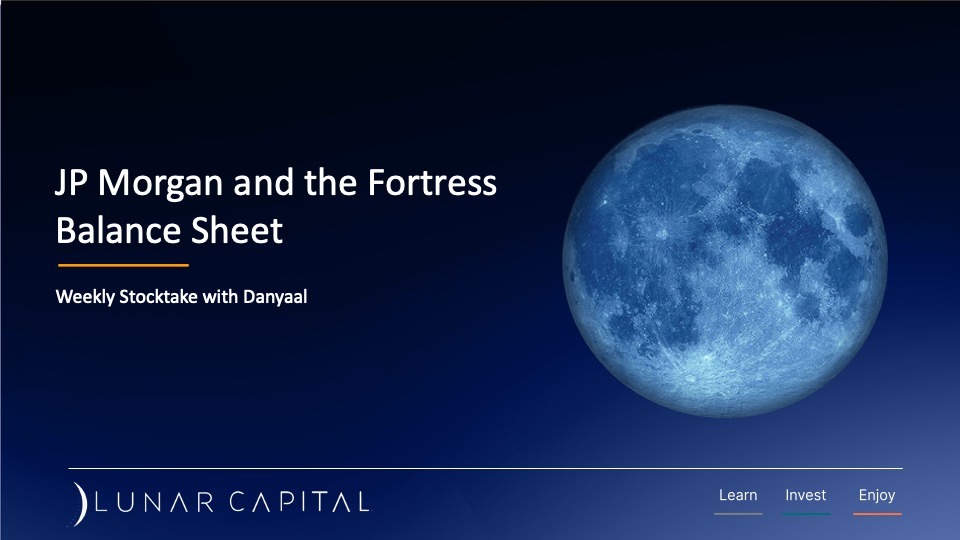
What stressors does JP Morgan see in the economy and how are they positioned.
Balancing the Scale
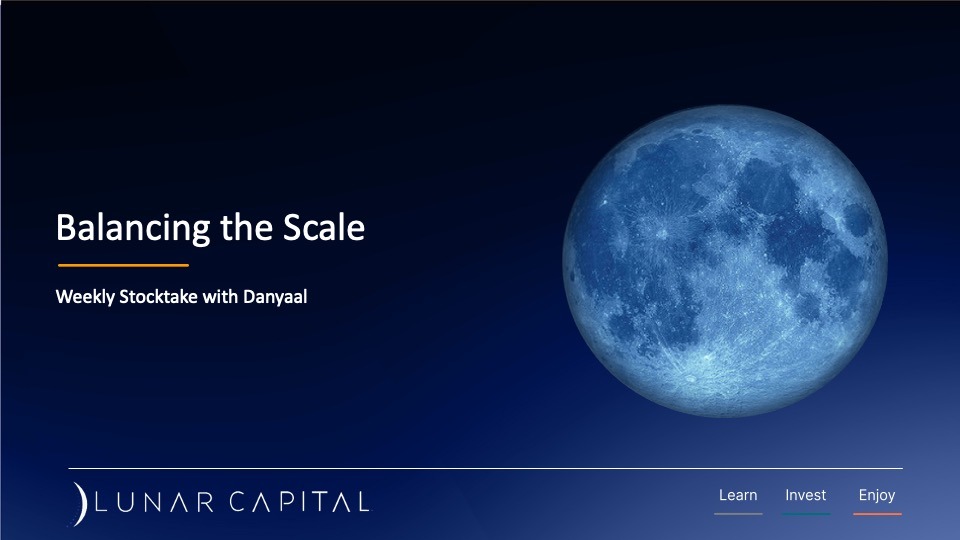
What are some of the challenges and opportunities companies face when they are already large
Making Lululemon-ade
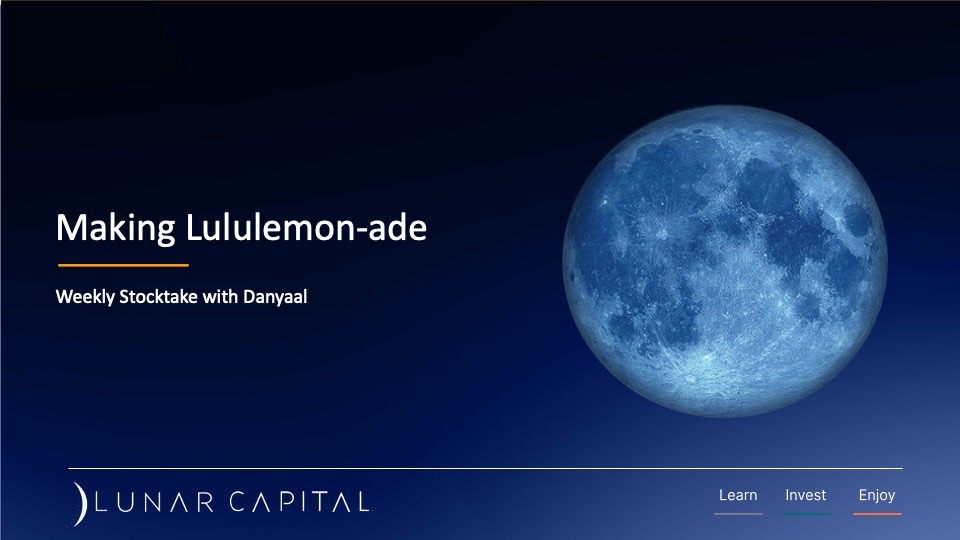
Growth in uncertain times, how is Lululemon investing for the future?
Wal-smart
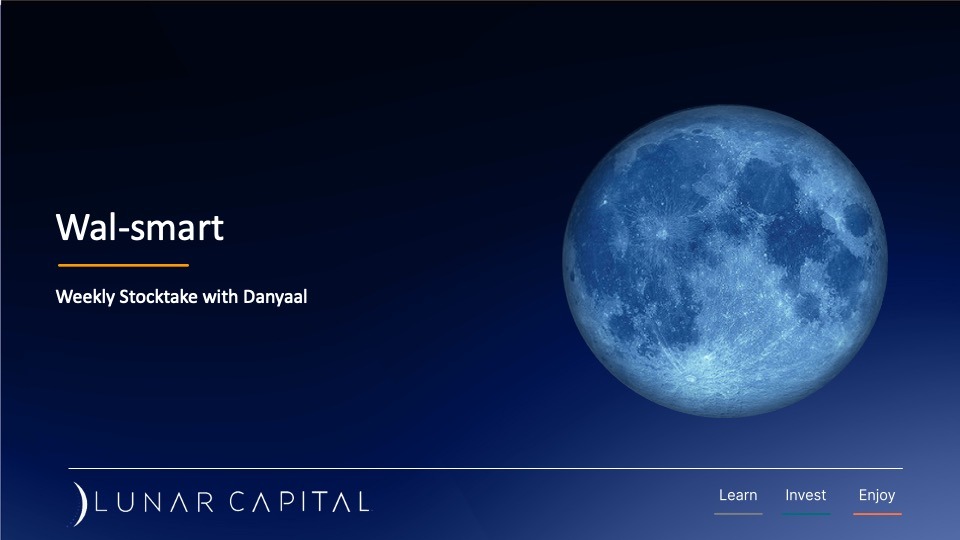
Find out how Walmart has been able to consistently keep their prices low in order to gain market share.
Shoprite-aholics
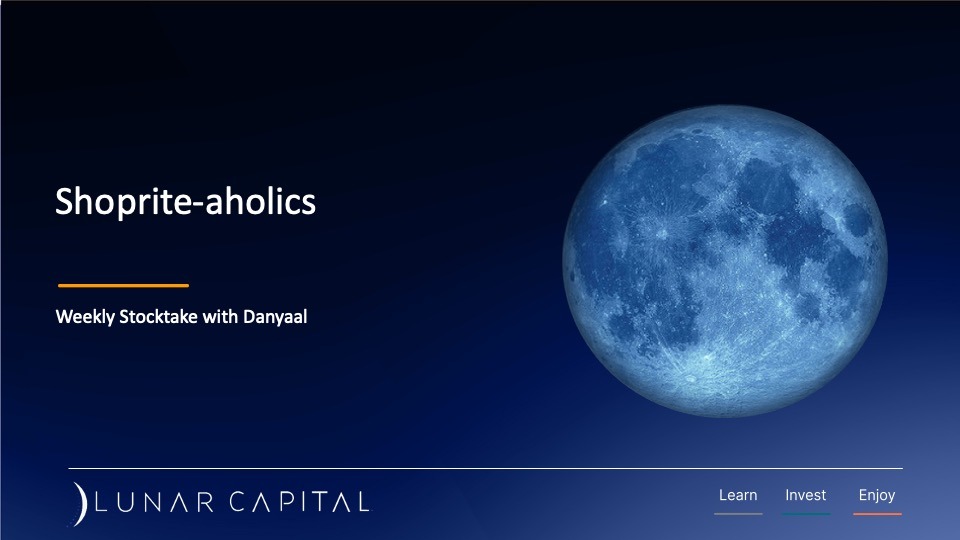
Gaining market share in a sluggish economy. How does Shoprite do it?
Snowflake – Trying to be a Snowball
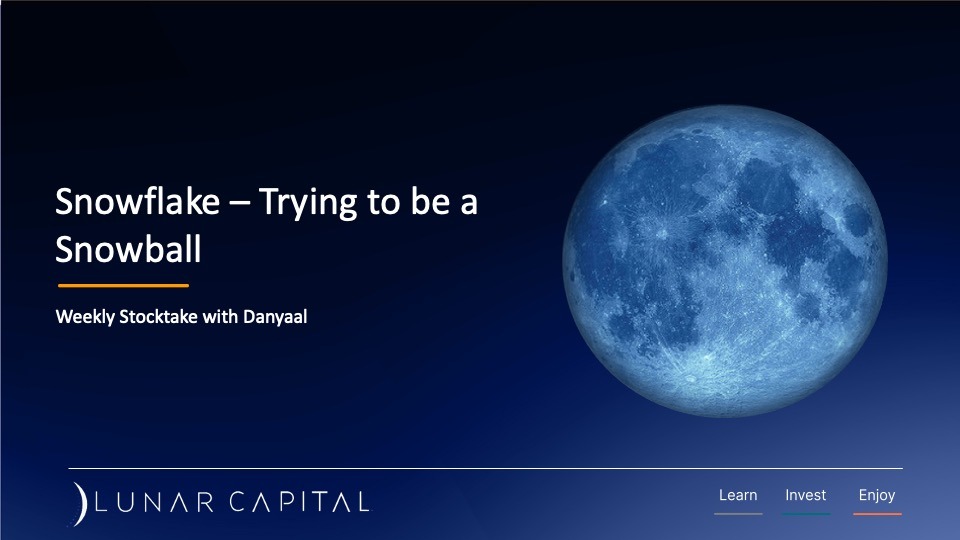
Find out what challenges and opportunities face Snowflake as they try adapt to a more generative AI focussed world.
Nvidia – Fear of Missing Out
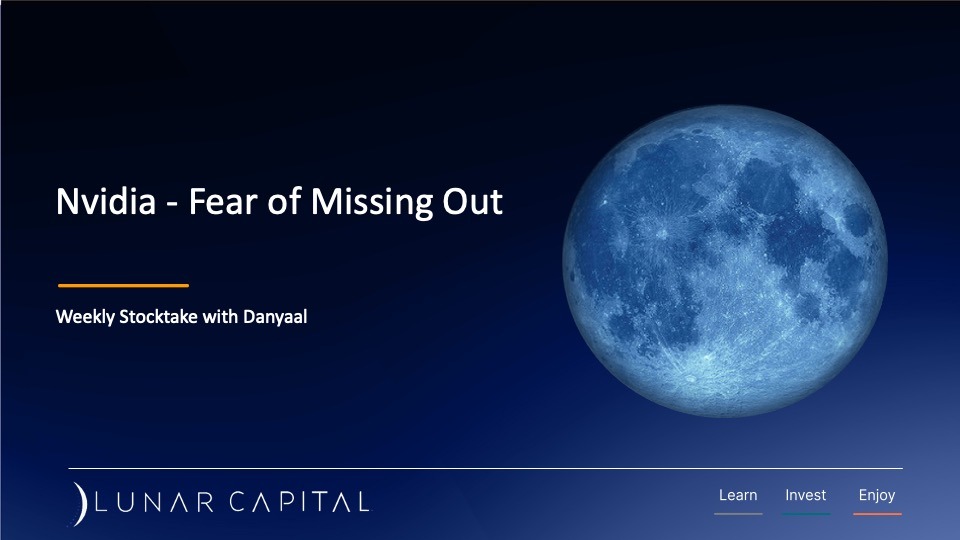
What questions are we asking about AI and Nvidia
ON Top of It
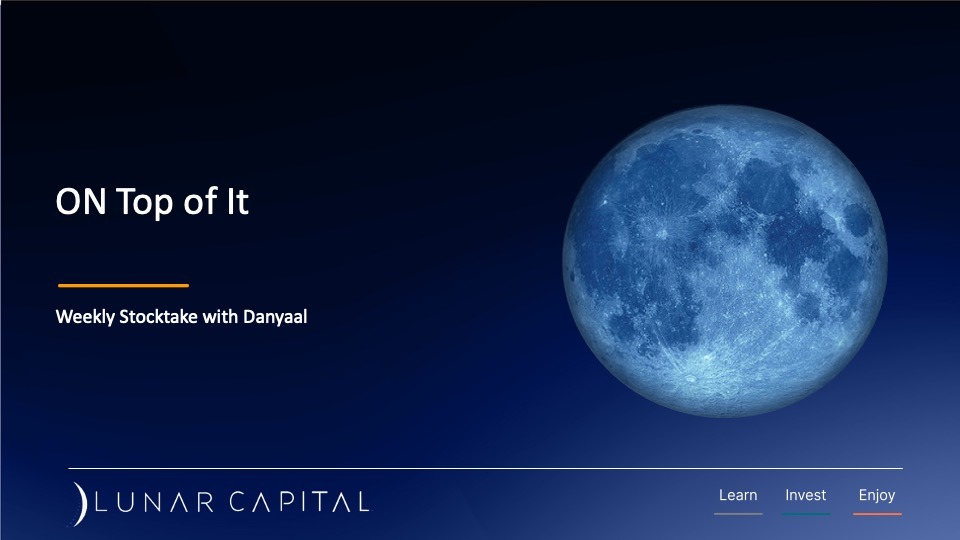
Rodger Federer, growing revenues, and expanding margins. Let’s dive into sports apparel brand ON’s recent success.
Novo – Lilly: Building Capacity
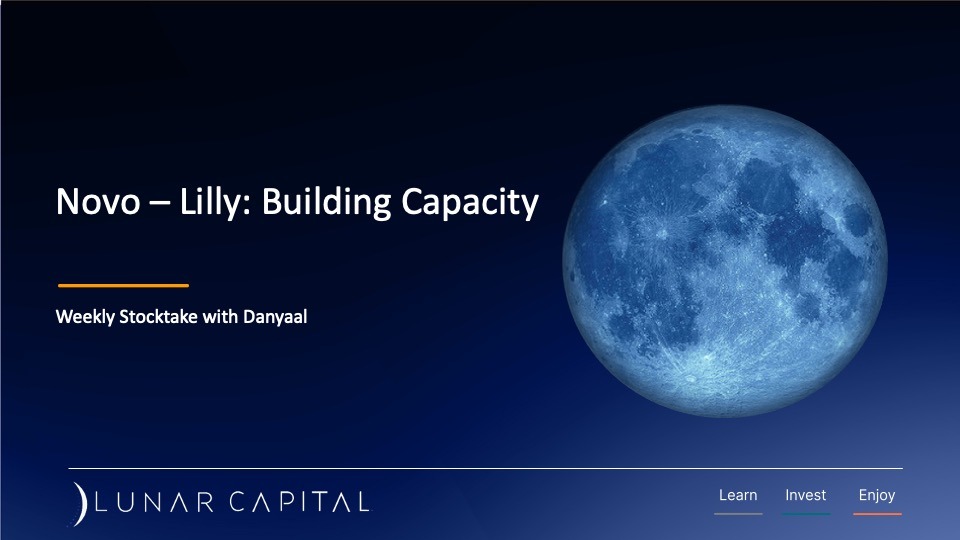
Find out how Eli Lilly and Novo Nordisk have been dealing with the demand for their obesity drugs.
Mega Caps’ Big Week
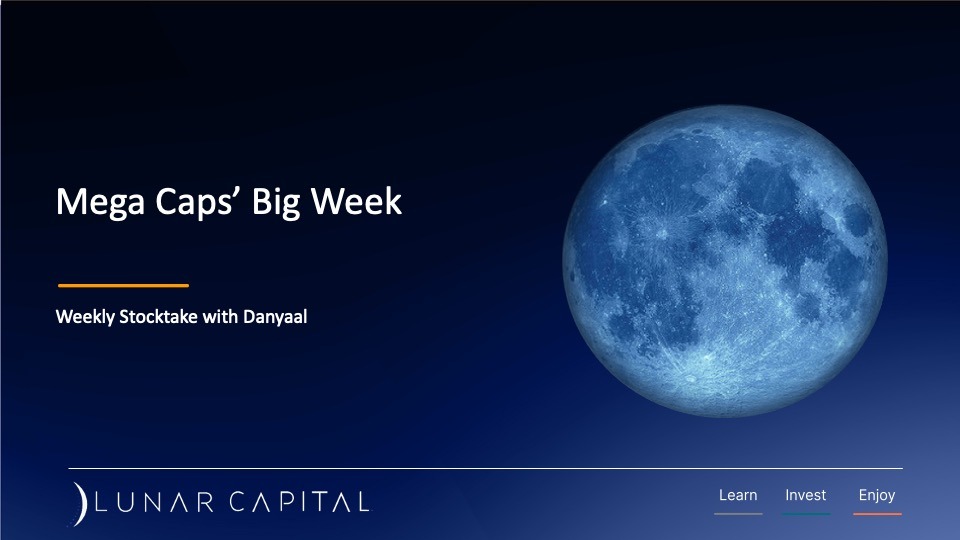
Catch up on the results of 5 Mega Cap US stocks
